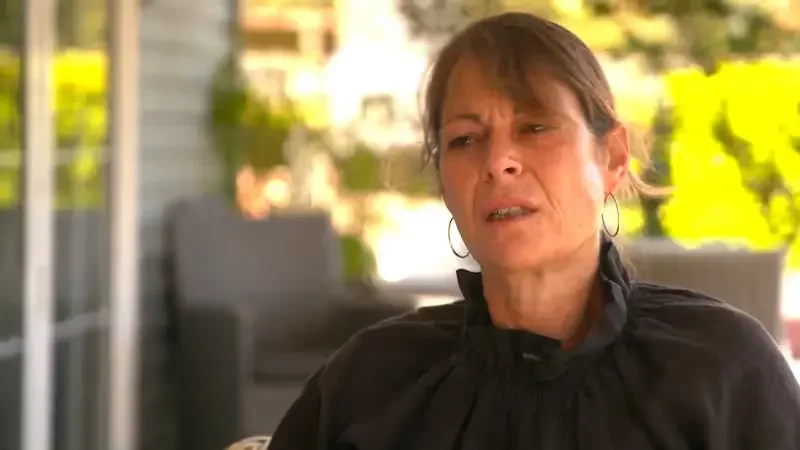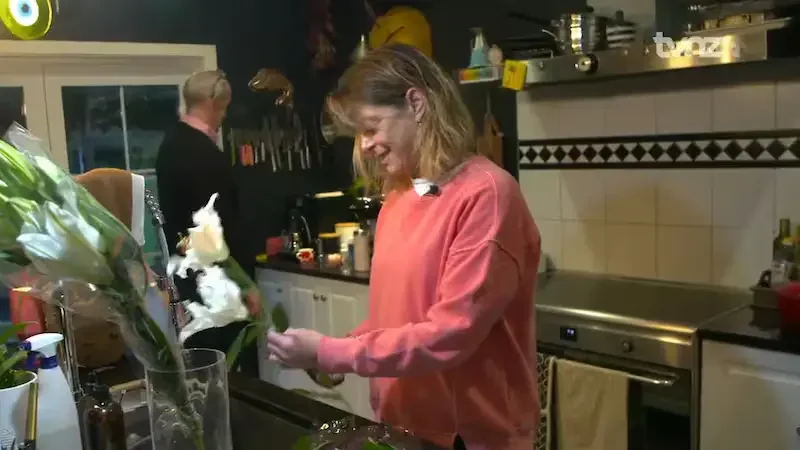NZ Administers First Ever Legal Psilocybin dose
A Christchurch woman battling decades of depression becomes the first Kiwi to legally receive psilocybin treatment — and says it’s given her hope for the first time in years.
For more than 30 years, Alice Brent lived under the shadow of treatment-resistant depression — an unrelenting illness that no medication, therapy, or effort could shift. “I think I was first diagnosed when I was about 18,” she recalls. “It’s never gone away. It starts with feeling kind of devoid of any emotion… and it can get to a point where it’s just despair.”
There were moments when Brent felt her family might be better off without her. “My husband wouldn’t feel this need to fix something he can’t fix. My children wouldn’t have to worry about what they say around me,” she says.
That all began to change when she met Dr Cameron Lacey, a Christchurch psychiatrist and the first person in New Zealand authorised to prescribe psilocybin — the active compound in “magic mushrooms” — for patients with severe, treatment-resistant depression.
Dr Lacey’s authorisation followed years of research into psychedelic therapy and extensive assessment due to the drug’s potential risks. Psilocybin can, in rare cases, trigger psychotic symptoms in vulnerable individuals, so only a small number of patients are considered suitable for treatment.
Brent describes feeling “lucky” to have found the right doctor at the right time. “Until now, nothing’s worked,” she says. “There were times I felt I had no future.”
A new way to break old patterns
Dr Lacey believes psilocybin may help “disrupt entrenched, unhelpful thinking patterns” that keep people trapped in cycles of depression. “If you think of depression as having entrenched, unhelpful thinking patterns about yourself and your connection to the world,” he explains, “psilocybin gives you the potential to see things from a very different perspective.”
Alice Brent, at home with her husband Jono. (Source: TVNZ)
He stresses that the psychedelic itself is only one component of a much larger therapeutic process. Patients undergo weeks of psychotherapy before and after the session, carefully preparing for and integrating their experience. They must also taper off antidepressants beforehand.
“It’s very intense,” says Lacey. “People can experience a whole range of challenging thoughts, emotions and memories, so they need to be carefully prepared and supported.”
The first trip
On dosing day, Brent received what’s known as a “hero dose” of psilocybin — a single capsule designed to induce a profound psychedelic experience lasting around five hours.
“I felt jittery,” she remembers. “I hoped I’d done everything I could to make it work.”
Seated in a comfortable chair with an eye mask and headphones, Brent was guided through the session by two clinicians. “Everything else ceased to exist,” she says. “It was like I was in a green, beautiful forest with dappled sunlight… and then the music changed, which really changes the dynamic. I felt sorrow. I felt anger. They were big emotions and I felt them to my core. There was a lot of crying. I think I was tripping for about five hours and I don’t think I was expecting the sorrow.”
Although the experience was difficult, Brent says she wouldn’t undo it. “It wasn’t pleasant, but it was extremely insightful. I wouldn’t want to do it again. I really wouldn’t.”
A long road ahead
Two weeks later, she says the true work is still unfolding. “I’ve been left at times thinking, I don’t know if I can do it, but I don’t want to go back on antidepressants. I think this is where the hard work begins.”
Psilocybin-assisted therapy is already available in Australia and several other countries, with studies suggesting about two-thirds of patients experience significant improvement.
In New Zealand, around 40 people have been referred to Dr Lacey for the therapy. Of those, 15 met the strict criteria for treatment, and seven are currently undergoing the process. The main barrier remains cost — around $20,000 for the full course, largely due to the extensive clinician time required for psychotherapy.
Dr Cameron Lacey (Source: TVNZ)
Despite the price, Brent and her husband Jono say it was worth every cent. “I felt I was only sticking around because others wanted me to,” she says. “But I want to now. I want to see weddings and grandchildren and travel and see the world with Jono.”
She hopes others suffering from severe depression will get the same opportunity. “There will be people who feel there’s no hope, who look down the barrel of the rest of their lives and feel horror. I do feel this has given me enough insight into the cause to say, ‘Up yours, depression. We’re not doing this anymore.’”




